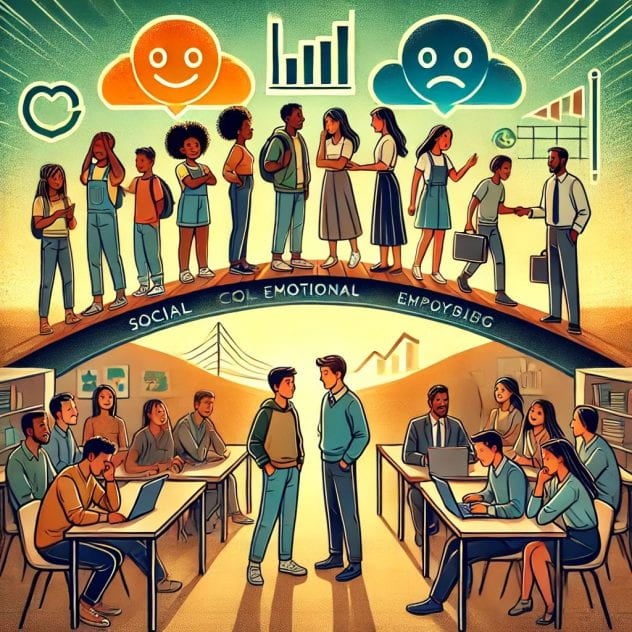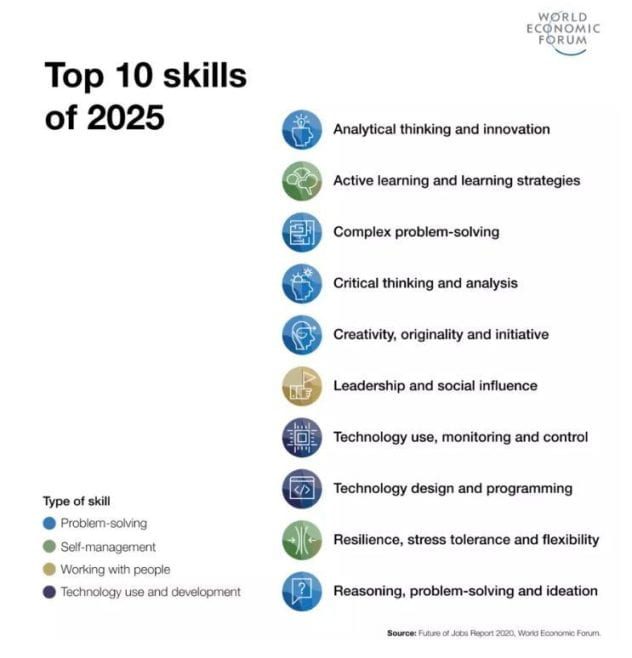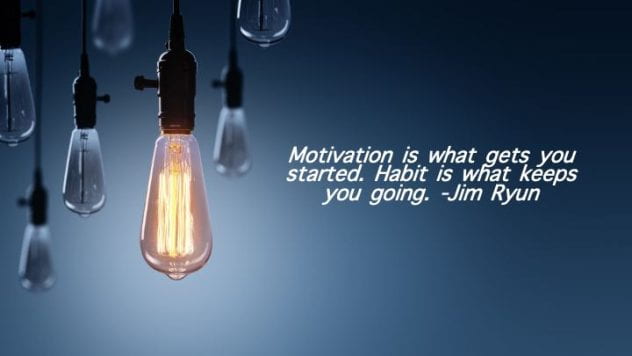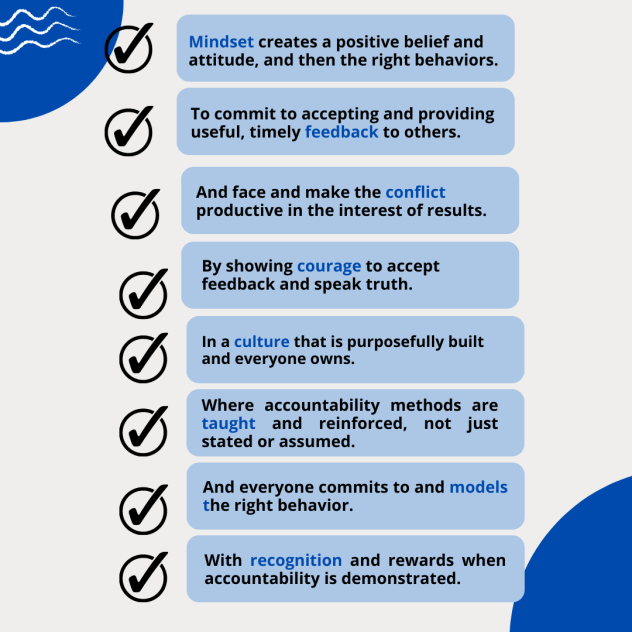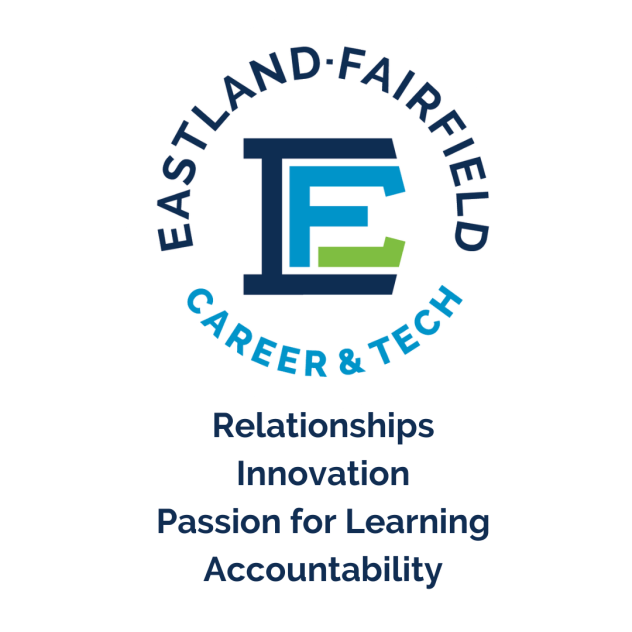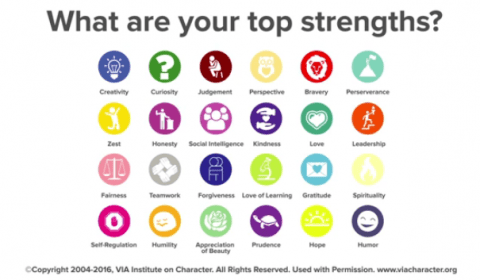Students today, Gen Z (born between 1997 and 2012) and Gen Alpha (born between 2010 and 2024), face more challenges than most generations before them because of the advent of the smartphone, 24/7 accessibility, an overabundance of choice, a disruptive job market, and having to overcome a global pandemic. On the other hand, they have many opportunities to create and define their pathway to success. They have more entrepreneurial access and opportunities, most adults have embraced them delaying or forgoing a traditional college education to explore trade schools or go directly into the workforce, and they have the freedom to move from one interest to another without judgment (for the most part).

In navigating these challenges and opportunities, students must rely on a set of foundational skills. Among them, literacy remains the most crucial, mainly because literacy creates a strong foundation for everything else. The ability to read, write, think critically, and communicate effectively will continue to open doors for those with this solid foundation.
However, literacy alone is not enough. To thrive in today’s world, students need a broader skill set that enables them to navigate uncertainty and change. As you think about the skills you possess to do your job effectively, you’d have to admit that you did not have these skills as a 15-18-year-old high school student, at least, not at the current level. Am I right?
With that in mind, let’s explore three underrated but essential skills that students need to build for success in a volatile, uncertain, complex, and ambiguous (VUCA) world, starting with adaptability.
Adaptability– The quality of being able to adjust to new conditions. We cling to certainty, which is why we need routines. However, we must also help students build their adaptability muscle by having them work through scenarios, sharing stories of how others have successfully adapted during change, and reminding them that it’s a part of life. In football, when the offense fumbles the ball or throws an interception, it’s called a sudden change, and both teams need to respond accordingly. The team that can respond effectively usually wins the game. Creating the conditions for students to adapt to sudden change will help them build that skill in a safe environment where they can get feedback without penalty.
Emotional Intelligence– The ability to understand and manage your own emotions, as well as the emotions of others. Strengthening one’s emotional intelligence is a life-long process. This is an essential skill because the higher the stress, the less likely one can control emotions/reactions. During uncertain and ambiguous situations, the ability to control and understand others’ emotions can pave the way for successful relationships and opportunities. The following are a few ways to help students strengthen their emotional intelligence:
Integrate social-emotional learning (SEL) strategies in the classroom or meetings. For example, model centering activities allow students to think critically about their mindset, communicate with a peer, and practice active listening.
* Teach conflict resolution through scenarios, current events, history, or literature. Guide students through the process by establishing norms for conflict resolution and having students identify them through the content.
* Establish a positive school and classroom culture by creating shared norms, values, and traditions that foster an emotionally safe environment. Adults model expected behavior, so the best way to strengthen culture is to focus on adult behavior.
* Teach students how to express gratitude because it leads to more happiness, and happier people tend to have positive feelings about themselves and others, are more optimistic and relaxed, less envious, and create more positive memories.
Self-Discipline– While adaptability and emotional intelligence help students navigate change and relationships, self-discipline is the key to following through on their goals. Self-discipline is the ability to control one’s thoughts, emotions, and actions to achieve one’s goals. Assign short-term and long-term projects to help students set goals and to meet benchmarks. Setting aside time to meet with them one-on-one can provide much needed feedback on their progress, and strengthen this important skill.
The world isn’t slowing down, and the challenges students face will only keep evolving. That’s why we must ensure they develop the skills to adapt, manage emotions, and stay disciplined in pursuit of their goals. If we focus on building adaptability, emotional intelligence, and self-discipline, we’re giving them the tools to handle uncertainty, seize opportunities, and create their own success. Let’s be intentional about helping students develop these underrated but essential skills—because their future depends on it.
Be Great,
Dwight
